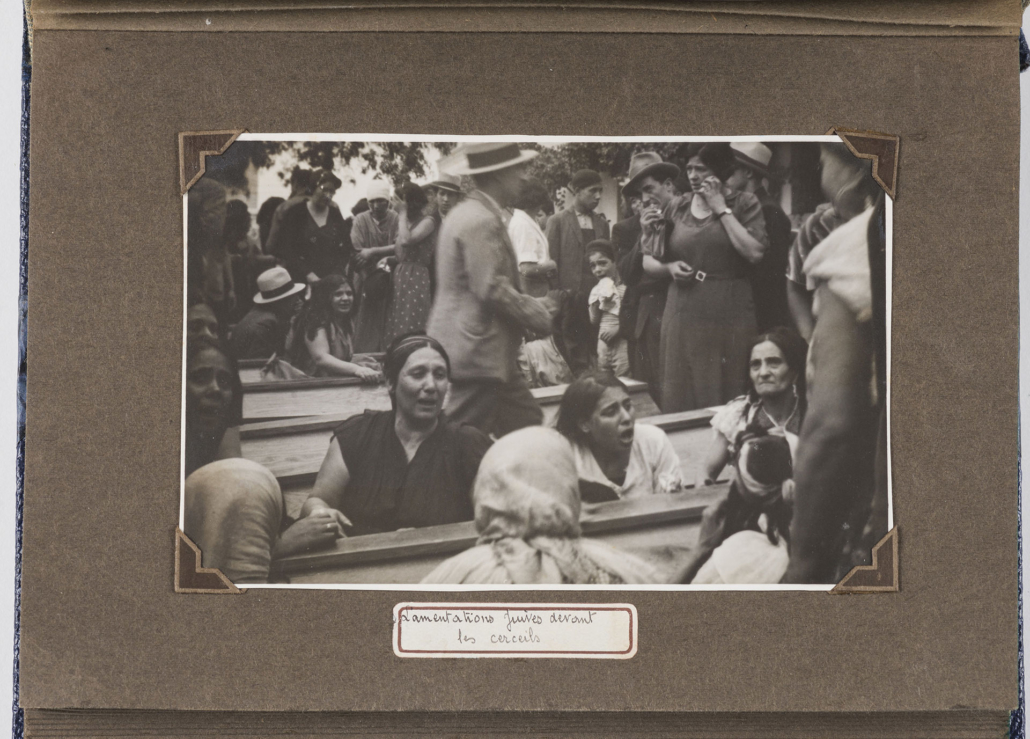Jews and Muslims from colonial France to the present day
This post is also available in:
 French
French
Bringing together more than 100 historical and contemporary works of art, photographs, objects as well as numerous documents and archives, including audiovisual ones, the exhibition Jews and Muslims from colonial France to the present day explains how and why several centuries of common life and history, of common imaginary and behaviors have been erased in a few decades and what possibilities are now paving the way for reinventing of this historical relationship.
France is today the European country with the largest Jewish and Muslim populations on the continent. The history of relations between Jews and Muslims in France originates from the colonial space of the Maghreb (Algeria, Morocco, Tunisia) and has been ongoing in metropolitan France since the 1960s.
After having shared the same languages (Arabic and Berber) and the same culture for nearly a millennium, the collective destinies the Jews and Muslims of the Maghreb were overwhelmed by French colonization. The violent conquest of Algeria followed by placing under protectorate Tunisia (1881) and Morocco (1912) transformed the Maghreb societies on the religious, political, economic and cultural levels. These developments sometimes tend to bring Jews and Muslims together in the same common fate, sometimes, on the contrary, to separate them along different fault lines, particularly legal ones, and to force them to leave their native land. These departures, willingly or by force, are mainly to France, where intercommunity life is constituted anew with difficulty after decolonization. Despite many common features, the separation is widening. The Jews of the Maghreb soon made the choice of political integration into the Republic. This choice is favored by the fact that Jews in France have been recognized as citizens since 1791. This path is more gradual among Muslims with the difference in legal status weighing heavily on their trajectories. Through documents, works of art, objects and stories, this exhibition presents this history and the way in which the French State took part in this relationship. It allows us to better understand these interactions which are too often reduced to the tensions linked to the Israeli-Palestinian conflict and to the image of a hereditary conflict between two groups willingly presented as “enemy brothers”.
From 05/04/2022 to 17/07/2022
NATIONAL MUSEUM OF IMMIGRATION HISTORY
293 avenue Daumesnil
75012 PARIS
France
Opening hours : From Monday to Friday from 10 a.m. to 5.30 p.m. Saturdays and Sundays from 10 a.m. to 7 p.m. Late-night opening Wednesdays until 9 p.m.
Phone : +33 (0)1 53 59 58 60
info@palais-portedoree.fr
www.histoire-immigration.fr



